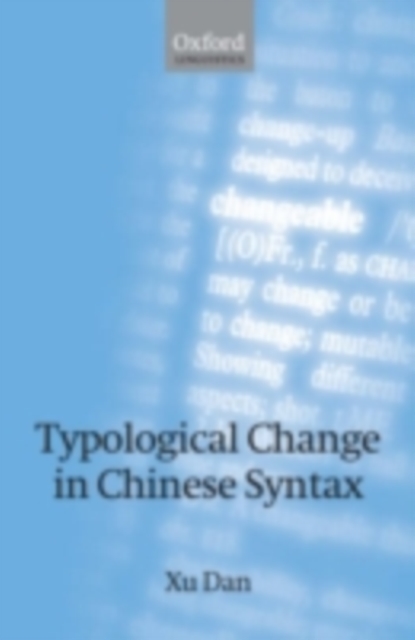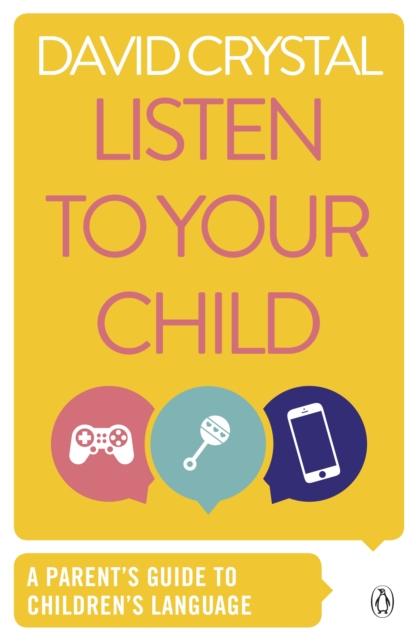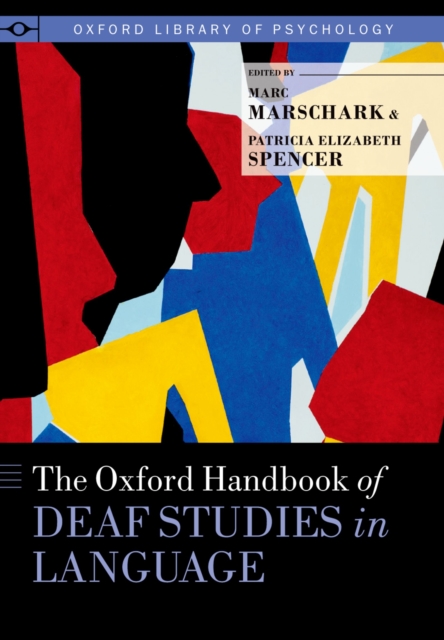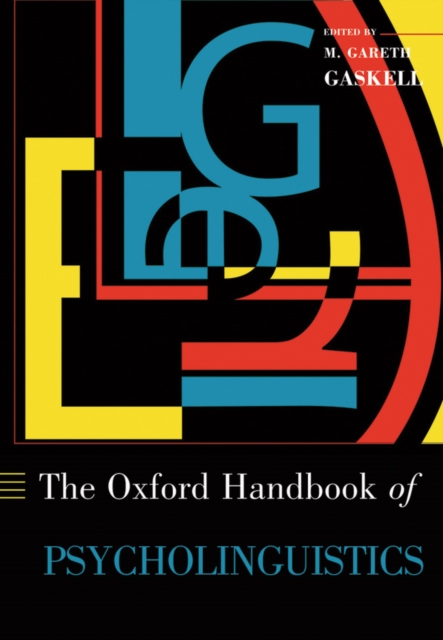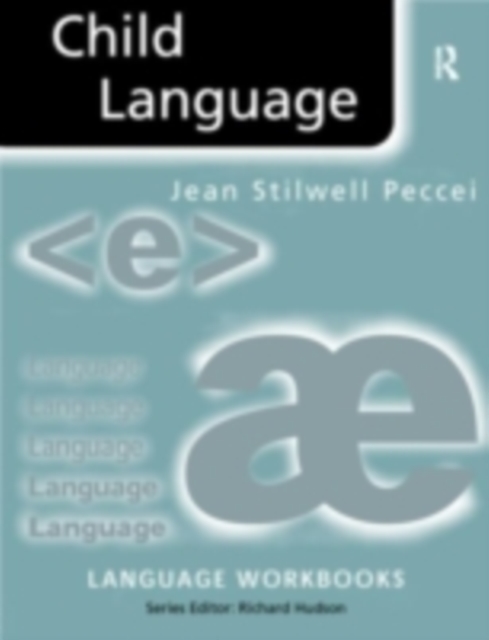This new interpretation of the early history of Chinese argues that Old Chinese was typologically a 'mixed' language. It shows that, though its dominant word order was subject-verb-object, this coexisted with subject-object-verb. Professor Xu demonstrates that Old Chinese was not the analytic language it has usually been assumed to be, and that it employed morphological and lexical devices as well as syntactic means. She describes the typological changes that havetaken place since the Han period and shows how Chinese evolved into a more analytic language, supporting her exposition with abundant examples. She draws where possible on archaeological findings in order to distinguish between versions of texts transmitted and sometimes modified through the hands ofgenerations of copyists. The author focusses on syntactic issues, including word order, verbs, causative structures, resultative compounds, and negation, but also pays close attention to what she demonstrates are closely related changes in phonology and the writing system. The book will interest scholars and graduate students of Chinese linguistics, philology, classical literature as well as general linguists interested in word-order typology and language universals. It may be also be used as a text for advanced courses in Classical Chinese and Chinese diachronic syntax.
Get Typological Change in Chinese Syntax by at the best price and quality guranteed only at Werezi Africa largest book ecommerce store. The book was published by and it has pages. Enjoy Shopping Best Offers & Deals on books Online from Werezi - Receive at your doorstep - Fast Delivery - Secure mode of Payment
Digital Rights Management (DRM)
The publisher has supplied this book in encrypted form, which means that you need to install free software in order to unlock and read it.
Required software
To read this ebook on a mobile device (phone or tablet) you'll need to install one of these free apps:
To download and read this eBook on a PC or Mac:
-
Adobe Digital Editions
(This is a free app specially developed for eBooks. It's not the same as Adobe Reader, which you probably already have on your computer.)
 Jacket, Women
Jacket, Women
 Woolend Jacket
Woolend Jacket
 Western denim
Western denim
 Mini Dresss
Mini Dresss
 Jacket, Women
Jacket, Women
 Woolend Jacket
Woolend Jacket
 Western denim
Western denim
 Mini Dresss
Mini Dresss
 Jacket, Women
Jacket, Women
 Woolend Jacket
Woolend Jacket
 Western denim
Western denim
 Mini Dresss
Mini Dresss
 Jacket, Women
Jacket, Women
 Woolend Jacket
Woolend Jacket
 Western denim
Western denim
 Mini Dresss
Mini Dresss
 Jacket, Women
Jacket, Women
 Woolend Jacket
Woolend Jacket
 Western denim
Western denim
 Mini Dresss
Mini Dresss



